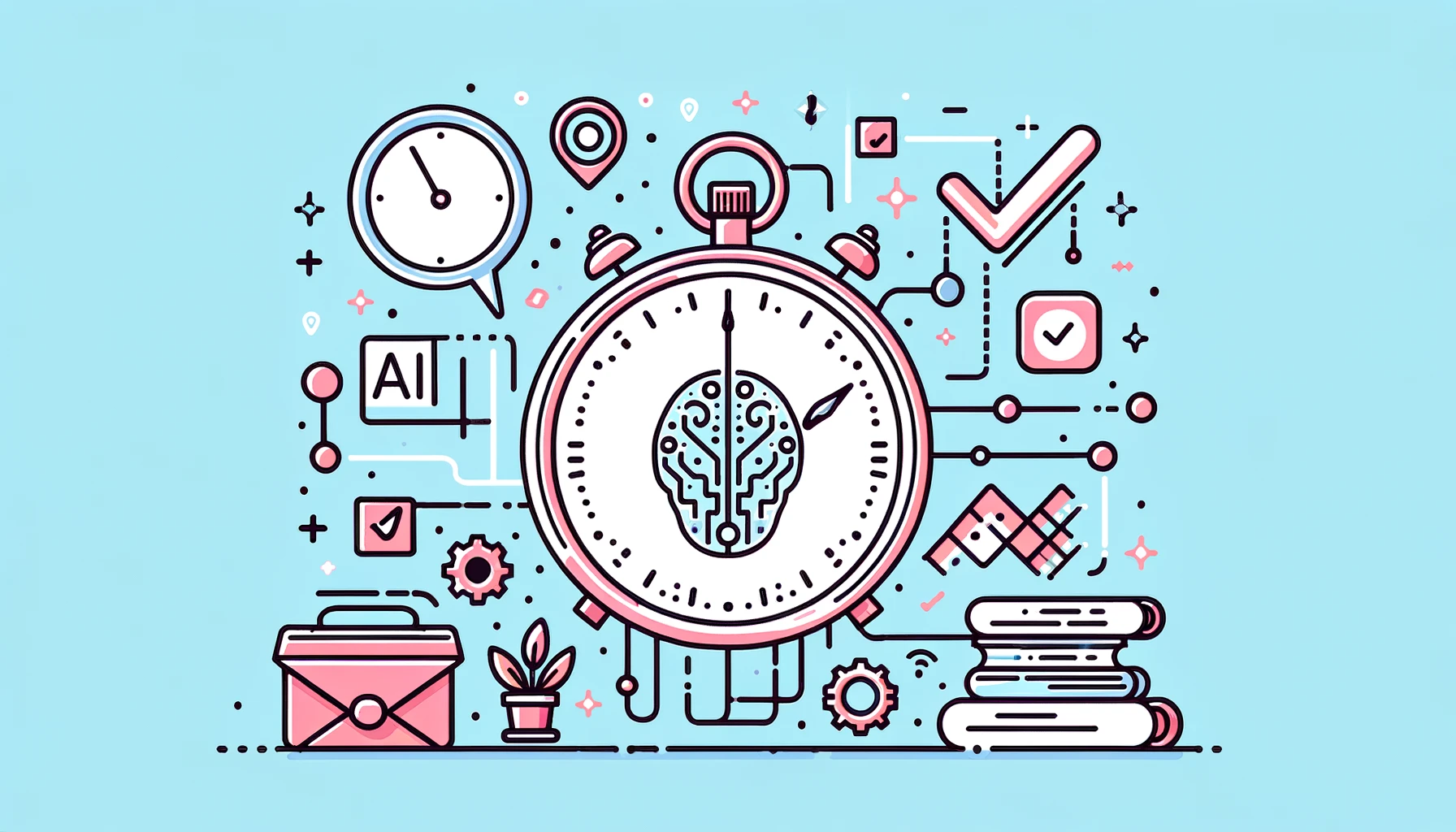08 Mar

In an era where information is king, the significance of an efficient knowledge management system cannot be overstated. Organisations across the globe are constantly searching for methods to not only streamline access to information but to ensure that the data within their repositories is current, accurate, and reliable. At Elium, we stand at the forefront of this revolution, integrating Artificial Intelligence (AI) to redefine the standards of knowledge management. This blog post explores the indispensable role of AI in enhancing the quality and efficiency of knowledge bases.
The Challenge of Keeping Knowledge Up-to-Date
One of the primary challenges in knowledge management is maintaining the relevance and accuracy of the information stored. In traditional setups, this process requires considerable manual effort and constant vigilance—a task that is both time-consuming and prone to human error. As industries evolve at a breakneck pace, the need for an automated solution to keep knowledge bases contemporary and validated has become critical.
AI: The Game-Changer in Knowledge Management
AI technologies are uniquely positioned to address these challenges. By leveraging natural language processing, machine learning algorithms, and advanced analytics, AI transforms knowledge management from a reactive to a proactive system. Here are the ways AI is revolutionising the field:
Automated Content Updates
AI systems can automatically scan for updates and changes in the industry, ensuring that the knowledge base remains relevant. This automation extends beyond simple updates, allowing for the restructuring of information to improve accessibility and comprehension.
Enhanced Search Capabilities
Through sophisticated AI algorithms, the search functionality becomes significantly more powerful. Users can find the most relevant information based on context, rather than just keywords, reducing the time spent sifting through unrelated data.
Validation and Accuracy
AI doesn’t just update; it validates. By cross-referencing information across multiple credible sources, AI ensures the data’s accuracy and reliability. This validation process is crucial in fields where outdated or incorrect information can have serious repercussions.
Predictive Insights
Beyond maintaining current knowledge, AI can offer predictive insights based on trends and patterns within the data. These insights can guide decision-making processes, ensuring that organisations are not just reacting to the present but preparing for the future.
The Impact on Organisational Efficiency
The integration of AI into knowledge management systems offers a multitude of benefits. By automating the update and validation processes, organisations can save significant time and resources, allowing employees to focus on more strategic tasks. The enhanced search capabilities ensure that the right information is available at the right time, increasing overall operational efficiency.
Moreover, the reliability and accuracy of the knowledge base foster a culture of trust within the organisation. Employees can make informed decisions quickly, confident in the knowledge that the information they are using is up-to-date and validated.
Conclusion
The role of AI in knowledge management is not just transformative; it is fundamental. As we move forward, the integration of AI technologies will continue to set new standards for efficiency and reliability in knowledge management systems. At Elium, we are excited to be at the helm of this revolution, empowering organisations with the tools they need to manage their knowledge effectively. Embrace the future of knowledge management with us, and ensure your organisation’s knowledge base is not just current, but ahead of the curve.
Related Post
Categories
- Elium's life (29)
- Guides & Ebooks (4)
- Knowledge management (77)
- Product News (22)
- Uncategorized (1)






